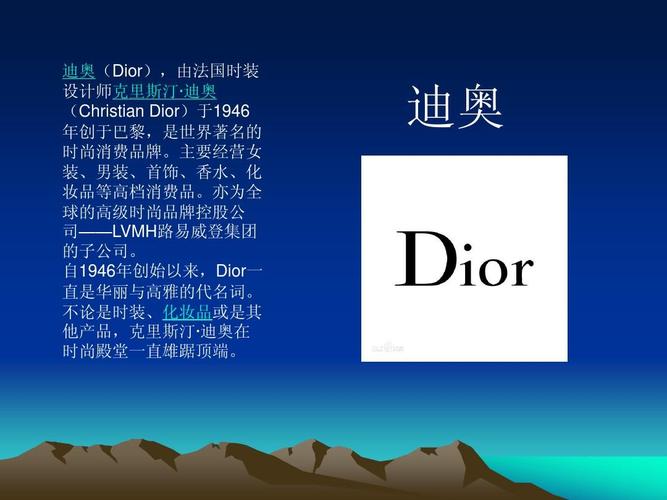Luxury Brands in English
Welcome to our presentation on luxury brands in the English language.
Luxury brands are highend products or services that are not essential for daily living but are highly desired due to their superior quality, craftsmanship, exclusivity, and status symbol.
Some wellknown luxury brands include:
- Fashion: Chanel, Gucci, Louis Vuitton
- Automobiles: RollsRoyce, Ferrari, Lamborghini
- Watches: Rolex, Patek Philippe, Audemars Piguet
- Jewelry: Tiffany & Co., Cartier, Bulgari
- Cosmetics: Dior, Estée Lauder, Chanel
What sets luxury brands apart:
- High Quality: Luxury brands are known for their exceptional craftsmanship and materials.
- Exclusivity: Limited production runs and exclusive distribution channels make luxury items rare.
- Pricing: Luxury brands often command premium prices due to their perceived value and prestige.
- Status Symbol: Owning luxury items can signal wealth, taste, and social status.
- Brand Heritage: Many luxury brands have a long history and tradition of excellence.
Consumers of luxury brands are often driven by:
- SelfExpression: Using luxury items to express their individuality and style.
- Social Status: Seeking to elevate their social standing and be recognized as affluent.
- Reward and Indulgence: Treating themselves to luxury goods as a reward for achievements.
- Emotional Connection: Developing a deep attachment to a brand or product.
How luxury brands position themselves:
- Experiential Marketing: Creating luxurious instore experiences for customers.
- Influencer Partnerships: Collaborating with highprofile individuals to promote the brand.
- Meticulous Branding: Ensuring that every touchpoint reflects the brand's luxury image.
- Limited Editions: Releasing exclusive and limitededition products to drive demand.
- Heritage Stories: Leveraging the brand's history and craftsmanship in marketing.
Despite their allure, luxury brands encounter challenges such as:

- Counterfeiting: Copycat products that erode brand value and authenticity.
- Changing Consumer Preferences: Shifts in consumer values and priorities can impact luxury sales.
- Digital Transformation: Adapting to ecommerce and digital marketing while maintaining exclusivity.
- Sustainability Concerns: Addressing environmental and ethical considerations in production.
Luxury brands play a significant role in the global economy and consumer culture, appealing to individuals who appreciate quality, exclusivity, and status. Understanding the unique characteristics and consumer behaviors associated with luxury brands is essential for marketers and consumers alike.
